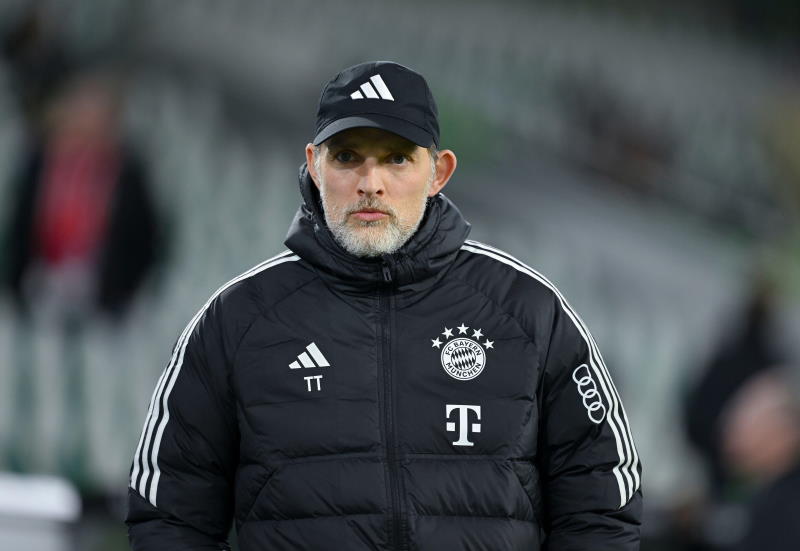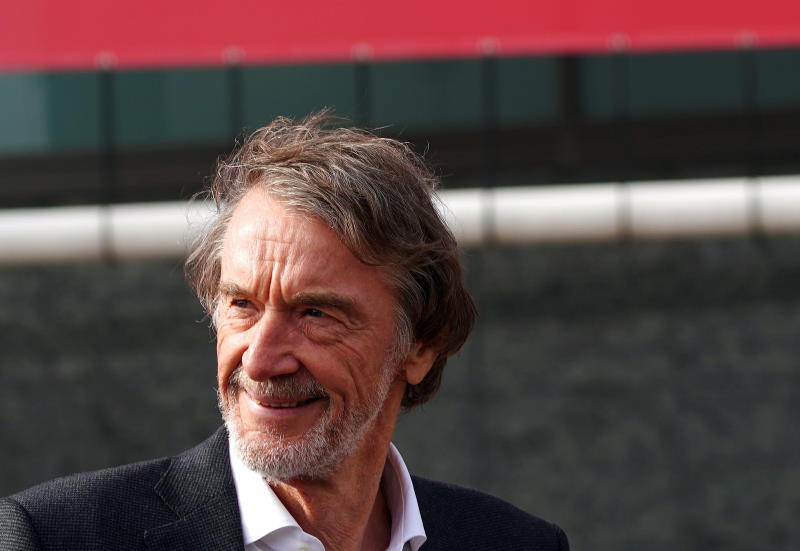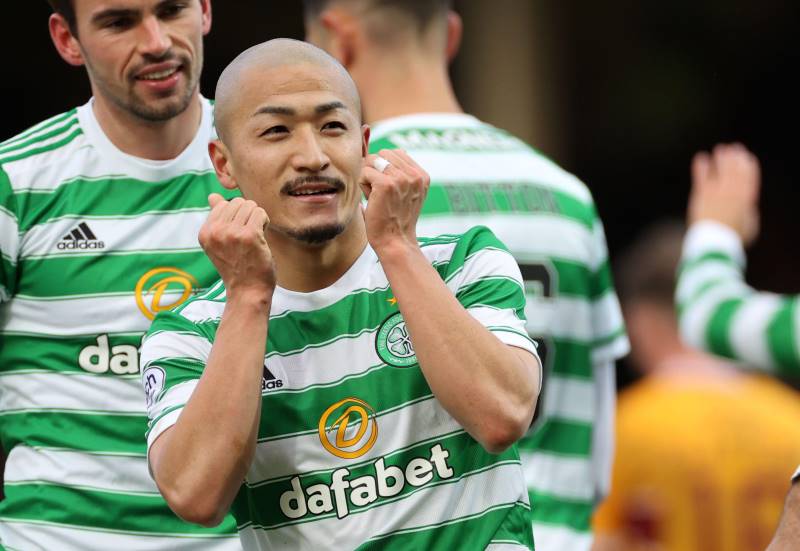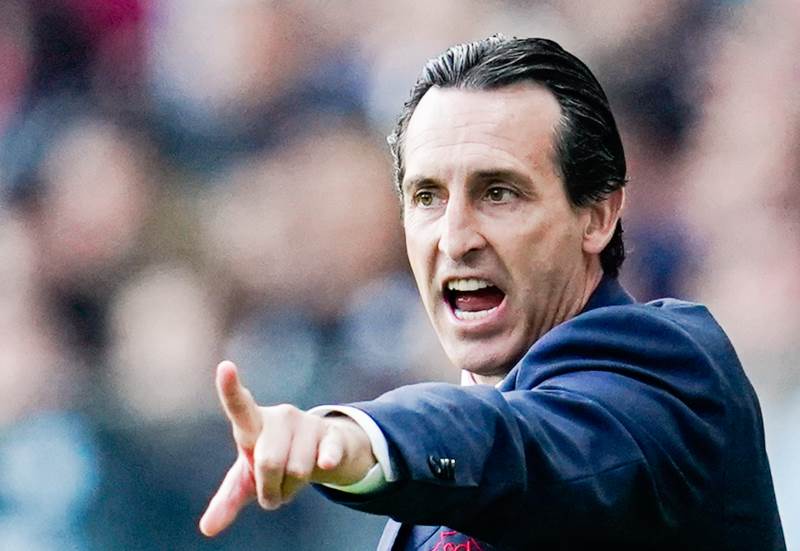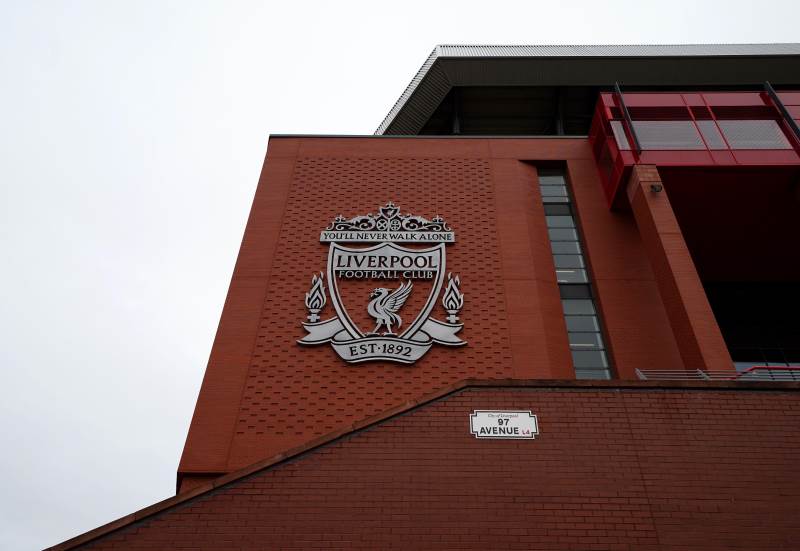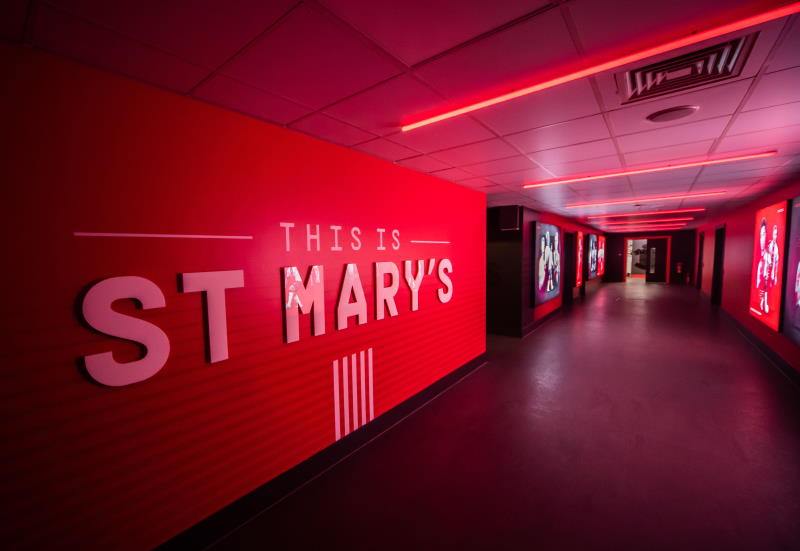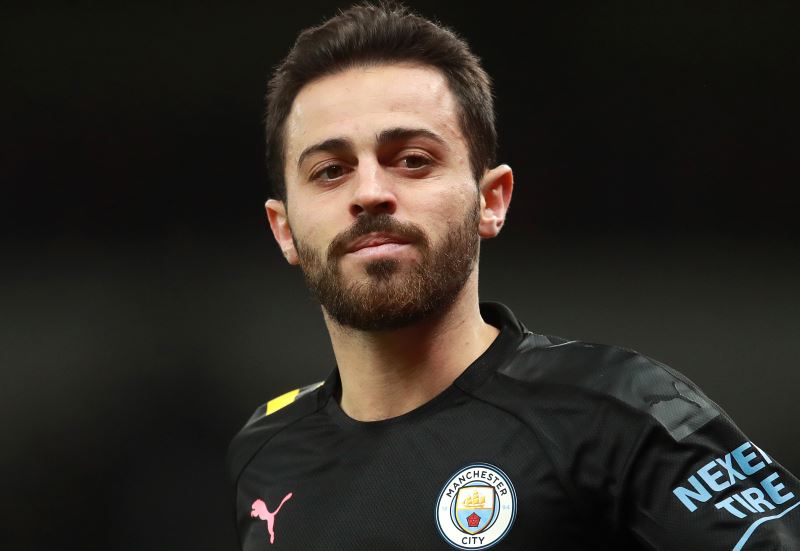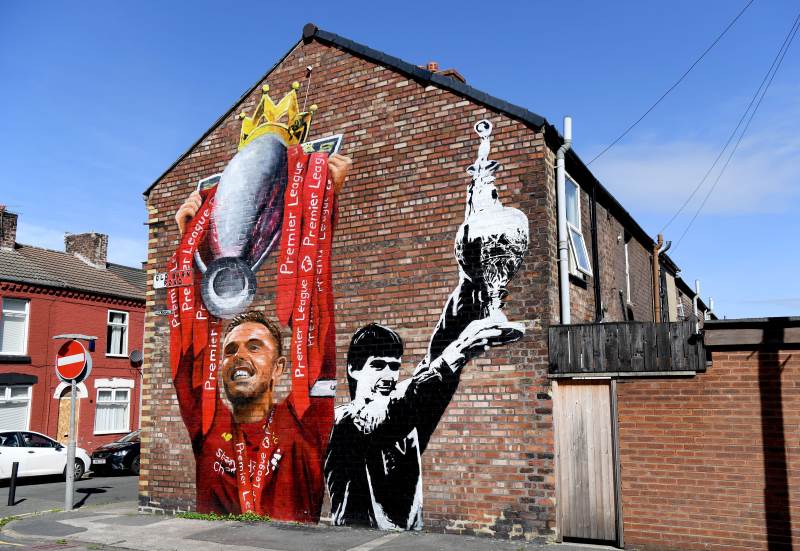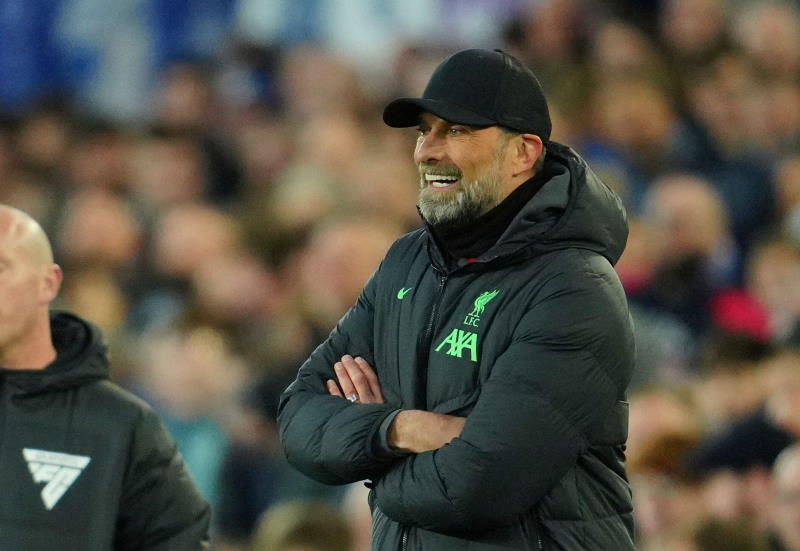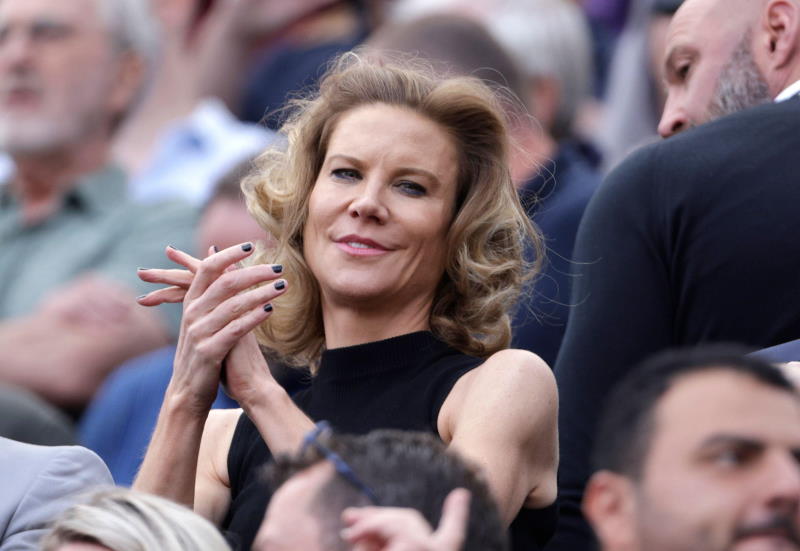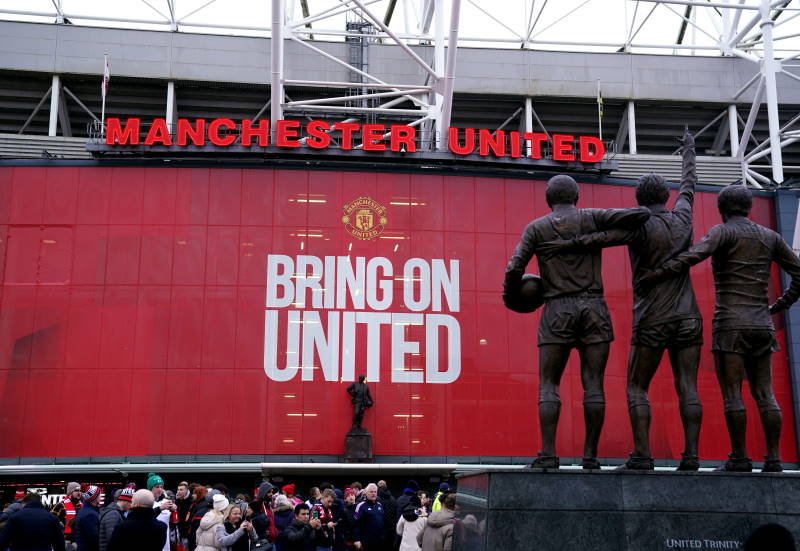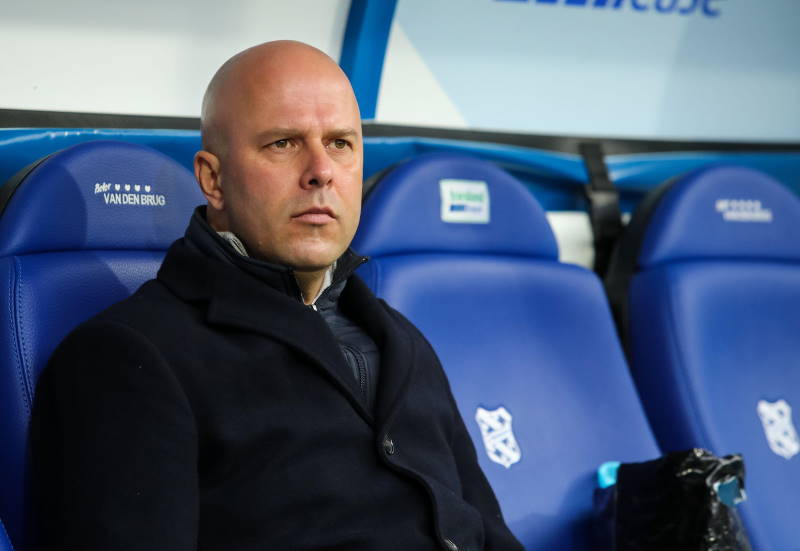
On a rainy Moscow night in 2008, a dramatic penalty shoot-out proved to be Avram Grant’s final involvement with Chelsea Football Club. A famous slip in the mud for John Terry, followed a minute later by a Nicolas Anelka spot-kick that looked more like a back-pass, was to signal the end of the Israeli’s spell at the West London branch of the Bank of Moscow.
The kingmakers at Stamford Bridge spent the next few weeks looking for a new manager, in the hope of finding someone to continue a legacy that was started by Claudio Ranieri and polished by Jose Mourinho. The newspapers began a feeding frenzy of speculation, with a whole host of famous names getting a mention on the back pages.
For Chelsea’s board, money was no object; the Abramovich-funded spend-fest doesn’t just apply to players, so the suits set about finding the very best. They decided on Luiz Felipe Scolari, who seemed to tick all the right boxes.
His pedigree couldn’t have been better – winning the 2002 World Cup with Brazil carries more than a little kudos, and he had a reputation for being as cantankerous and prickly as Mr Mourinho himself. Having steered Portugal to the quarter-finals of Euro 2008, he set sail for the Kings Road and what appeared to be several years of success.
Scolari’s first few games in charge produced some excellent results, and revealed a bravado and excitement that wasn’t always in evidence under previous managers. Five goals against Middlesbrough and Sunderland, four against Portsmouth (twice) and Bordeaux and away wins at Wigan, Manchester City and Stoke gave fans a genuine hope of a return to league champions status come the end of the season.
But the dawn was to prove a false one, as a run of poor results left Chelsea trailing their rivals from November onwards. A home draw with Newcastle, who went on to be relegated in May, was the catalyst for a drop in form that had the bean-counters in the boardroom looking for worry-beads on eBay.
Over the next weeks, the club’s results were more yo-yo than yeah-yeah, with defeats by Arsenal and Manchester United, as well as a League Cup loss on penalties to Burnley. But, in truth, it was draws that really left them lagging behind. League stalemates with Everton, Fulham and West Ham were rather uninspiring and, to use a word not likely to be seen on Countdown, un-Chelsea-like.
The final straw came in February with a 0-0 draw at home to Hull City. Although the result itself wasn’t good, a stuttering style of play wasn’t boding well for the future. Scolari was summoned to the naughty step and told his services were no longer needed, and The Blues were back on the phone to the Job Centre.
Guus Hiddink was brought in to steady the ship, but only as a temporary measure, before current incumbent Carlo Ancelotti took the job in 2009. Scolari has since gone on to manage FC Bunyodkor in Uzbekistan, where he is now reportedly the highest-paid manager in the world, thanks the club’s oil-rich owners.
It’s difficult to know which fact is more surprising: that Scolari is managing in the Uzbek League, or that there’s a club that spends more on managers than Chelsea. Either way, having worked in Brazil, Saudi Arabia, Kuwait, Japan and Portugal, the much-travelled supremo clearly knows a thing or two about the world of football.
In many ways, it was a shame that Scolari didn’t prove a success at Chelsea. His press conferences and post-match interviews were always interesting to say the least, and there are few enough managers with his natural charisma. Who knows, maybe another club will be able to out-bid the oil-men in the future. Next time you see a Manchester City director, it might be a good idea to point out Uzbekistan on the map.
Other Parts of this Series:
- – Brief Encounters: Aston Villa’s Jozef Venglos
- – Brief Encounters: Arsenal’s Bruce Rioch
- – Brief Encounters: Spurs’ Christian Gross

